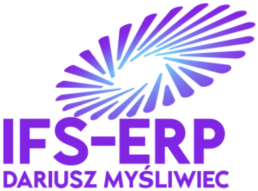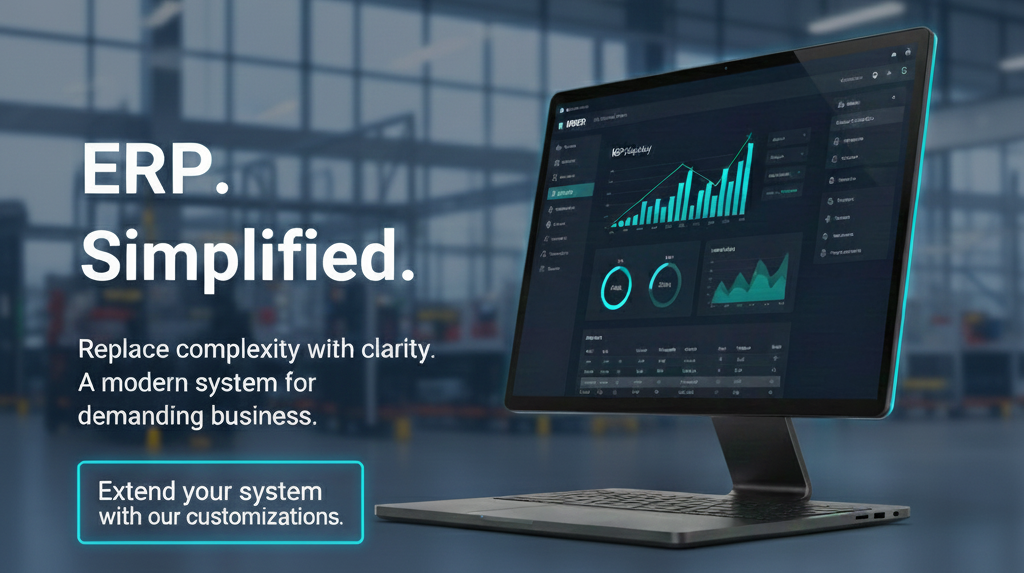Teams that succeed with IFS Cloud Data Mesh go beyond understanding data product ownership in theory; they apply practical routines and embed accountability in daily practice.
Start by naming data product owners for each business domain. Owners should work with domain experts and technical stewards to catalogue, define, and regularly review every data set considered a product. The ownership lifecycle starts with a business case and a data product definition, outlining KPIs, service levels, and compliance rules. For each product, document where data comes from, how it’s maintained, what business processes it supports, and the standards for timeliness and accuracy.
Hands-on training workshops should simulate validation, exception handling, and discoverability using actual business scenarios such as onboarding a new supplier or running a financial close. Role-based learning helps build confidence and understanding, especially for owners and stewards. Owners focus on managing improvements to their products, aligning with business KPIs, and communicating with data consumers. Stewards handle day-to-day management, reporting on data quality, and ensuring compliance with governance policies.
A phased approach helps teams understand and manage change. Begin with training during solution design, run practice scenarios in the prototype phase, and reinforce skills before and after go-live. Address resistance by showing teams how new responsibilities not only reduce bottlenecks but deliver direct business benefits such as faster reporting, cleaner analytics, and easier audits.
Structured documentation is important. Use step-by-step guides, reusable test scenarios, and compliance checklists tailored for each data product and its owners. Maintain these guides as living documents so improvements and lessons learned are captured and shared. Technical teams get training in configuration, integrations, automations, and ongoing updates, ensuring every role knows how to use the cloud platform and tools.
Effective change management relies on open communication and a stakeholder plan that explains new expectations, makes it clear where to get training, and spells out escalation routes for issues. Encourage feedback and adjust the training plan based on real challenges faced during rollout.
Teams that embrace ownership can articulate their product's purpose and KPIs, quickly fix data issues, respond to new business needs, and maintain compliance with minimal disruption. Ownership turns business domains into proactive drivers of value, improving agility, audit readiness, and future-proofing the organization.
Set up a discovery call now. Get support to design a tailored plan that maps out roles, builds confidence, and makes the best use of your IFS Cloud Data Mesh initiative.


